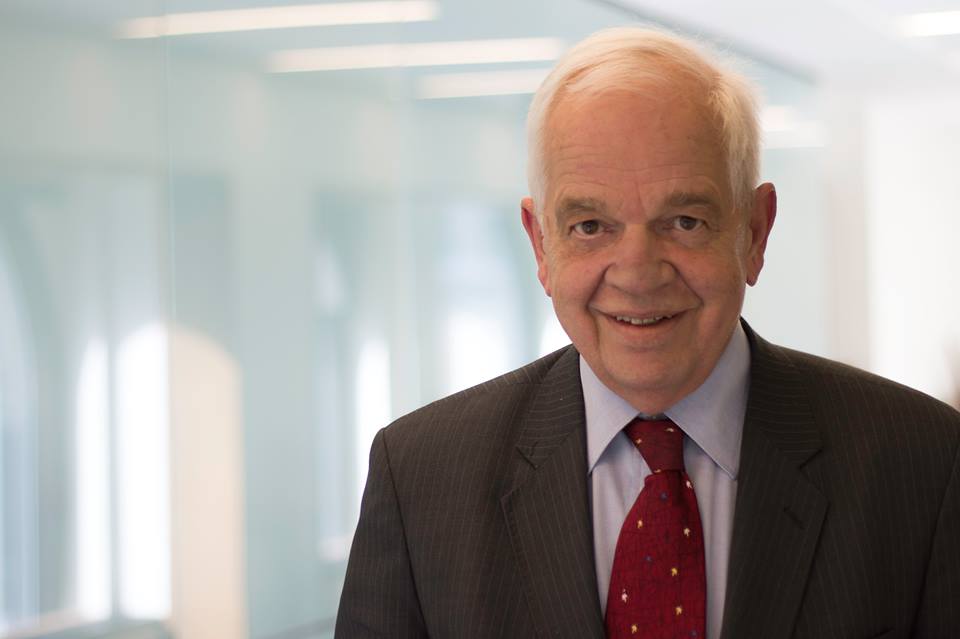
OTTAWA—Sustained public outcry has prompted Immigration Minister John McCallum to reverse course and ease restrictions on the private sponsorship of Syrian refugees—a decision that could add thousands to the number of Syrians arriving this year.
Applications for about 10,000 Syrians that had been submitted by March 31 will be now be processed with an eye towards getting those people here by the end of 2016 or early 2017, McCallum said Thursday.
The files represent applications submitted by sponsorship groups since Jan. 1.
Under the government’s initial changes, those applications would have been counted against the overall 2016 limit on the number of refugees entering Canada from around the world—meaning, with more applications than available spaces, that many Syrians would not have arrived in 2016 or even early next year.
Sponsors who had lined up apartments, stocked pantries and saved thousands of dollars in the bank erupted in protest, and the government moved quickly to find a compromise.
“We can’t go on to infinity, but we are doing the best we can to meet the demand,” McCallum said in an interview with The Canadian Press from Germany, where he is meeting immigration officials.
Private groups were caught off-guard when efforts to resettle Syrians were scaled back even as the Liberals were working on the goal of bringing in 25,000 people by the end of last month.
For 2016, the government had decided it would cap the number of new refugee applications from around the world at 10,500 people. Even as hundreds of Syrians were arriving and private groups were submitting applications daily, it decided applications for Syrians received as of Jan. 1 would count toward the cap.
Then, once the Liberal target of 25,000 was met, they closed the massive processing centres abroad and scaled back staff in Canada processing Syrian applications.
Though most groups say they never expected the flat-out effort to continue, the caps and staffing decreases prompted frustrations among those who spent months raising money and filling out paperwork.
Those same people were suddenly being told that anyone who submitted a file after Jan. 1 would be unlikely to see the refugee or family they wanted to sponsor arrive this year.
Sponsorship groups flooded local MP offices with complaints. Some of the furor spilled out Wednesday night at a meeting in Toronto, where groups packed a downtown church to vent their frustrations and give an earful to local Liberals.
Peter Goodspeed, a spokesperson for Lifeline Syria, which supports the private sponsorship of 1,000 Syrians in Toronto, said the changes will ease—but not erase—the anger. For any of the dozens of groups in Toronto alone that have yet to submit paperwork, the changes make no difference, Goodspeed said.
“These are people who were responding to a crisis. You just can’t go back to the same standard of processing in a crisis situation,” Goodspeed said.
“The government is coming to that understanding gradually.”
The changes free up sponsorship agreement holders to file more applications this year, but don’t affect the plan to admit a total of 17,800 privately sponsored refugees this year. That means that in 2016, Canada will likely see fewer refugees accepted from elsewhere.
In a letter to the sponsorship agreement holders association, McCallum said he was committed to improving the entire system. Wait times are currently as high as six years from some parts of Africa and three years in other parts of the world.
The backlogs are unacceptable, McCallum wrote.
“Vulnerable persons in need of protection cannot be left to wait multiple years for a durable solution, and sponsors must be able to allocate their resources efficiently.”
It is an important message, said Brian Dyck, the head of the association.
“I think that we are seeing a significant increase in commitment to humanitarian immigration and a willingness to work with the community,” Dyck said.
“While I think some remain frustrated with the pace, I see things moving in the right direction.”